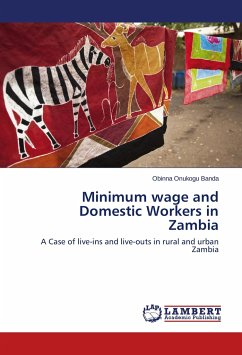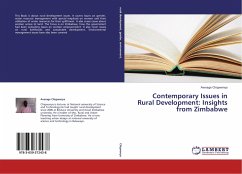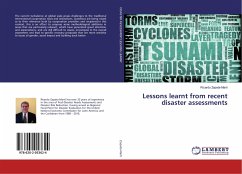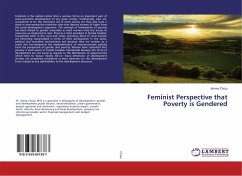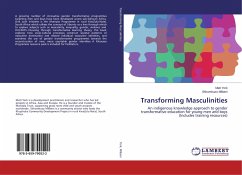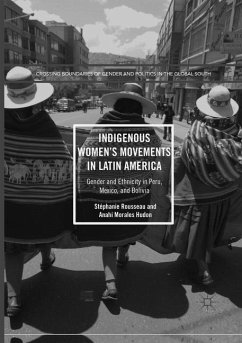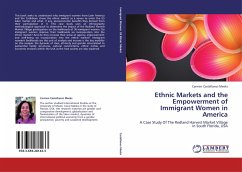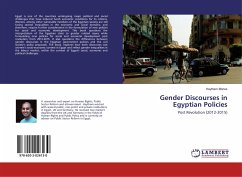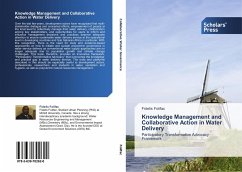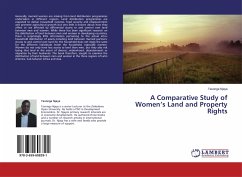
A Comparative Study of Women's Land and Property Rights
Versandkostenfrei!
Versandfertig in 6-10 Tagen
27,99 €
inkl. MwSt.

PAYBACK Punkte
14 °P sammeln!
Generally, married women are missing from land distribution programmes undertaken in different regions. Land distribution programmes are expected to deliver household incomes, food security and empowerment and promote agricultural growth but very little is known about how they affect or are affected by differential access to and control over land between men and women. While there has been significant research on the distribution of land between men and women in developing countries, there is surprisingly little information pertaining to the actual intra-household distribution of assets includ...
Generally, married women are missing from land distribution programmes undertaken in different regions. Land distribution programmes are expected to deliver household incomes, food security and empowerment and promote agricultural growth but very little is known about how they affect or are affected by differential access to and control over land between men and women. While there has been significant research on the distribution of land between men and women in developing countries, there is surprisingly little information pertaining to the actual intra-household distribution of assets including land between married partners. Access to and control over land for the household does not imply the same for the different individuals inside the household, especially women. Women do not only have less access to land than men, but they also risk losing that land in the event of divorce, widowhood, abandonment or migration by their husbands. The book therefore, sought to examine the distribution of land between men and women in the three regions of Latin America, Sub-Saharan Africa and Asia.



